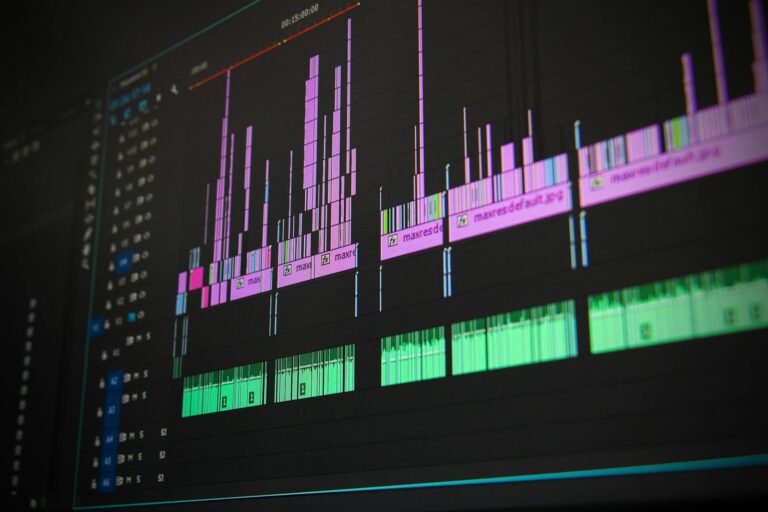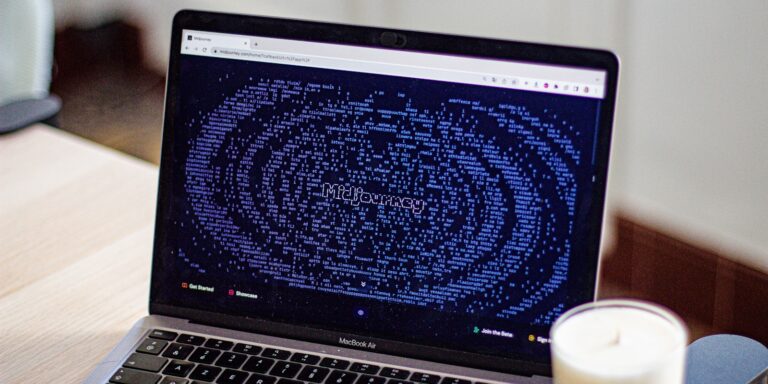In a world where every ping, notification, and scroll competes for your attention, training your brain for deep work is no longer optional—it’s a superpower. Especially for business owners, developers, and digital professionals, mastering this mental discipline can be the difference between average output and breakthrough innovation.
Deep work isn’t about working longer; it’s about working smarter, with intense focus and zero distraction. The rewards? Faster problem-solving, creative breakthroughs, and a competitive edge in today’s hyper-distracted marketplace.
What Is Deep Work and Why It Matters More Than Ever
Coined by computer science professor Cal Newport, “deep work” refers to the state of flow where your mind is fully immersed in a cognitively demanding task. It contrasts with “shallow work”—emails, Slack replies, endless tabs—that eat up time without real progress.
For tech professionals and founders, deep work translates to:
- Completing complex coding challenges faster
- Strategizing product decisions with clarity
- Writing documentation or content without procrastination
- Solving system-level problems creatively
The problem? The modern work environment actively fights deep focus. Slack notifications, email alerts, Zoom fatigue, and even multitasking masquerade as productivity boosters while sabotaging true progress.
The Science of Distraction and Mental Rewiring
Your brain is not wired for multitasking. Neuroscience shows task-switching comes with a cognitive cost known as “attention residue.” Every time you switch from writing code to checking Instagram, a piece of your attention lingers behind.
Over time, constant distraction:
- Shrinks your prefrontal cortex’s efficiency (responsible for decision-making)
- Increases stress hormone levels
- Weakens long-term memory formation
- Decreases gray matter volume in areas responsible for empathy and emotional regulation
But here’s the good news: neuroplasticity means you can retrain your brain for deep work. Just like lifting weights at the gym, mental focus improves with intentional practice.
5 Pillars to Train Your Brain for Deep Work
1. Design a Distraction-Free Digital Workspace
Your environment shapes your focus. You can’t out-discipline a chaotic digital setup.
- Use tools like Cold Turkey or Freedom to block distracting websites
- Silence non-urgent notifications on Slack, Discord, and mobile apps
- Use a minimalist desktop—fewer icons, fewer temptations
- Try full-screen apps and “Zen Mode” in VS Code or Notion
Real-world example: Shopify engineers adopted 3-hour “No Meeting” blocks twice a week company-wide, resulting in a 23% rise in sprint velocity over six months.
2. Adopt the 90/30 Focus Cycle
Your brain can focus deeply for about 90 minutes before needing a reset. Use this rhythm to your advantage.
How it works:
- 90 minutes of deep work: Coding, planning, design, or writing with zero distractions
- 30 minutes of rest: Walk, stretch, meditate, or non-work activity
Benefits:
- Avoid burnout
- Sustain higher cognitive performance throughout the day
- Build consistency in creative and analytical output
Pro tip: Stack 2–3 of these cycles daily for a productivity surge.
3. Create a Deep Work Ritual
Routines signal the brain it’s time to switch into focus mode.
Try this pre-deep-work checklist:
- Clear your desk or digital workspace
- Set a timer (try Pomofocus.io)
- Use noise-canceling headphones or brown noise apps
- Write down your top 1–2 tasks before starting
4. Rewire Dopamine Loops
Social media and app notifications train your brain to crave instant gratification. Rewire this loop by controlling when and how you receive dopamine.
Replace:
- Scrolling Instagram ➔ Journaling thoughts
- Checking news ➔ Reading long-form blogs or eBooks
- YouTube rabbit holes ➔ Watching 1 curated learning video per day
Table: Quick Dopamine Detox Replacements
| Distraction Trigger | Replace With | Reason Why It Works |
|---|---|---|
| Instagram scroll | 10-min walk outside | Physical reset + sunlight boost |
| Random news checking | Reading an insightful article | Still informs, but with depth |
| TikTok/Shorts binge | Learning on Skillshare/Udemy | Long-form = sustained attention |
| Slack/WhatsApp replies | Batch-checking twice a day | Minimizes attention fragmentation |
5. Measure Deep Work with Metrics
You can’t improve what you don’t track. Treat deep work like an athletic skill with KPIs:
- Hours in deep work mode: Use tools like RescueTime or Toggl
- Tasks completed per deep session
- Weekly progress logs: Reflect on wins and focus leaks

Gamify it:
- Give yourself weekly deep work goals
- Reward yourself when you hit milestones (e.g., a dinner out or a weekend trip)
Case Study: Jason, a SaaS Founder Who Turned Chaos into Focus
Jason, a solo SaaS founder in Austin, struggled with focus. Notifications, constant emails, and client calls left him drained. After reading “Deep Work,” he restructured his schedule:
- Set 8 a.m. to 12 p.m. daily as a deep work block
- Disabled notifications entirely during those hours
- Tracked weekly output in Notion
Within 4 weeks:
- Customer onboarding speed improved by 40%
- Launched 2 new features without crunch time
- Felt less overwhelmed and more in control
His key takeaway? Deep work isn’t just about productivity—it’s about freedom.
Tools That Help You Get into Deep Work Mode
| Tool | Function | Pricing (USD) |
| Freedom | Blocks websites/apps across devices | $8.99/month |
| Brain.fm | Focus-boosting music powered by AI | $6.99/month |
| Notion | All-in-one workspace for tracking goals | Free – $8/month |
| Forest App | Grow trees while staying focused | $3.99 one-time |
| RescueTime | Analyze how you spend your computer time | Free – $12/month |
Conclusion: Deep Work Is Your Competitive Advantage
We’re living in a noisy world. But amidst the chaos, those who master deep focus will outthink, outbuild, and outperform their peers. Training your brain for deep work is not about working like a machine—it’s about protecting your mind’s most powerful state.
If you’re a product manager, founder, or developer, this isn’t just a productivity trend—it’s the mental operating system your future depends on.
Start with just one 90-minute block a day. Defend it. Track it. Improve it. That’s how big wins begin.
What do you think? Let us know in the comments!



